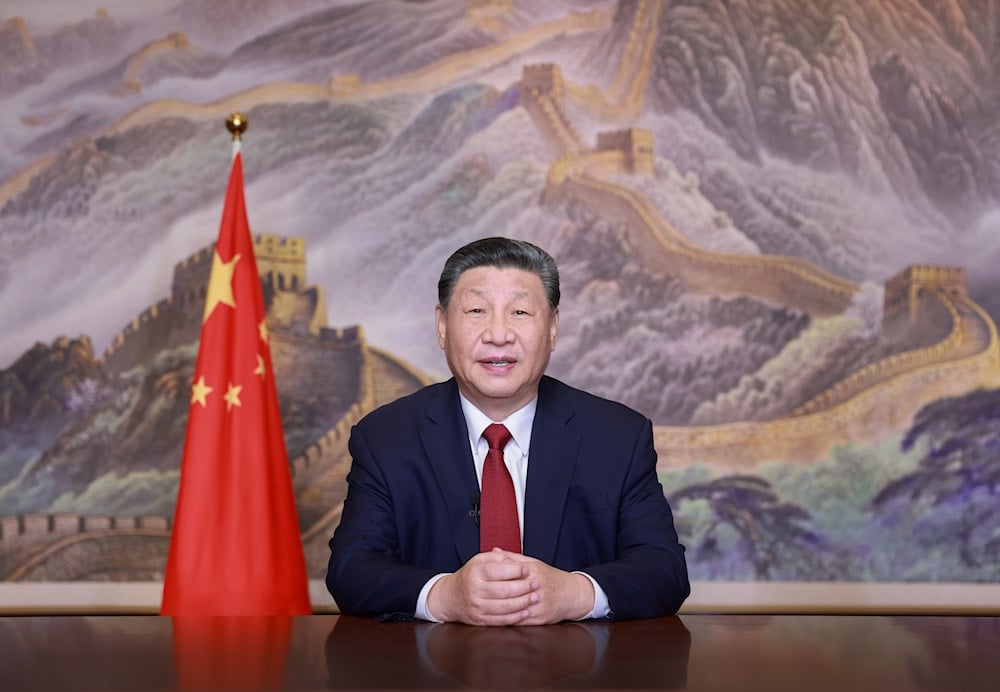Xi reaffirms commitment to Taiwan reunification in new year address
The Taiwan issue has been a cornerstone of Beijing's policy agenda for over five decades.
-

Chinese President Xi Jinping called for the nation to remain confident in the coming year, saying the world's second largest economy can overcome its challenges and pressure through hard work. Xi made the remarks in his New Year message for 2025. (Xinhua)
In a New Year speech on Tuesday, Chinese President Xi Jinping reinforced his vision of unity between Taiwan and mainland China, describing the two sides as "one family" and asserting that their reunification is a historic inevitability.
"We will inexorably pursue our ‘one country, two systems' political course. We will maintain the long-term prosperity and stability of Hong Kong and Macao. Compatriots on both sides of the Strait are one family, and no one can take away our blood and kinship ties. No one can stop the historic trend for reunification of the motherland," Xi declared, addressing the nation.
The Taiwan issue has been a cornerstone of Beijing's policy agenda for over five decades. Tensions escalated significantly in 2022 following a visit to the island by then-US House Speaker Nancy Pelosi, an act condemned by China for encouraging separatist movements. Beijing considers Taiwan an integral part of its territory and continues to oppose any steps toward Taiwanese separatism.
Read more: US drafts contingency plans for Taiwan: Report
In addition to discussing Taiwan, Xi highlighted China's economic prospects for 2024, projecting robust growth and agricultural output. He announced that the country's GDP is anticipated to surpass 130 trillion yuan ($17.8 trillion), with grain production exceeding 1.4 trillion jin (705 million tonnes).
"The economy of our country is developing for the better. The country's GDP is expected to exceed 130 trillion yuan, while grain production will exceed 1.4 trillion jin," Xi stated. Speaking at an event held by China's top political advisory body, he also forecasted approximately 5% economic growth for the coming year.
Tensions escalate
Tensions between two of the world's leading powers escalated earlier this month following the US' approval of a $387 million arms package for Taiwan. The US package reportedly includes spare parts for fighter jets, missile systems, and other military equipment essential for maintaining Taiwan's defense capabilities.
In response, China imposed sanctions on 13 US companies, including drone manufacturers RapidFlight and BRINC Drones, as well as six individuals, such as Barbara Borgonovi, president of Naval Power at Raytheon, and Blake Resnick, the founder and CEO of BRINC Drones.
Then on December 21, the US approved $571 million in defense assistance for Taiwan, prompting Beijing to impose sanctions on seven military-industrial companies and senior executives involved in US arms assistance and sales to Taiwan.

 3 Min Read
3 Min Read








